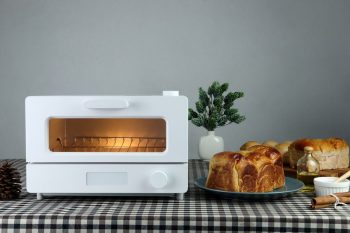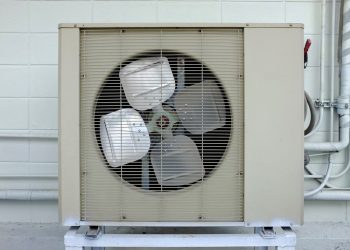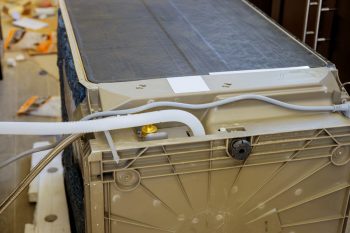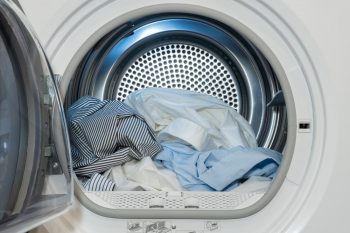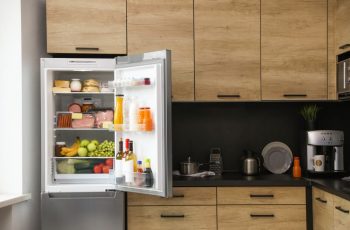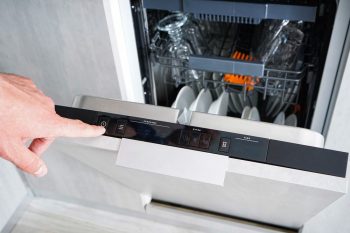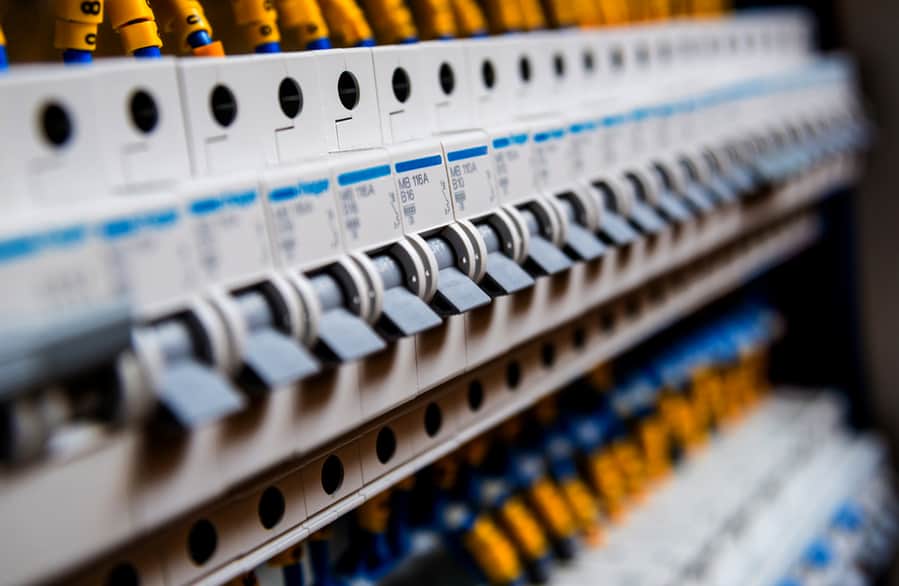
Circuit breakers play an essential role in your home’s electrical system as they monitor the flow of electricity.
Occasional breaker trips are nothing to worry about, but if your circuit breaker keeps tripping, keep reading to find out how to fix it.
The breakers can cause a power outage in your home if they are triggered for some reason. Sometimes, a circuit breaker can stop working even when no load is present.
It’s a common misconception that no load means no current is passing from the breaker.
Circuit breakers are designed to automatically cut the electricity flow as a safety measure.
Standard circuit breakers present in most homes are two types: Single Pole Breakers and Double Pole Breakers.
Reasons it Keeps Tripping:
- Overloads
- Damaged Wires
- Loose Wires
- Current Leakage
- Ground Fault Surges
- Short Circuits
Some load is connected to the circuit breaker unless the electricity supply to your home is cut off completely. In simple terms, it’s a misnomer to say that circuit breakers can trip without load.
6 Causes of Circuit Breaker Trips
Six major causes can cause circuit breakers to trip repeatedly. Knowing about the causes in detail will make it easier to fix circuit tripping for good.
1. Overloads
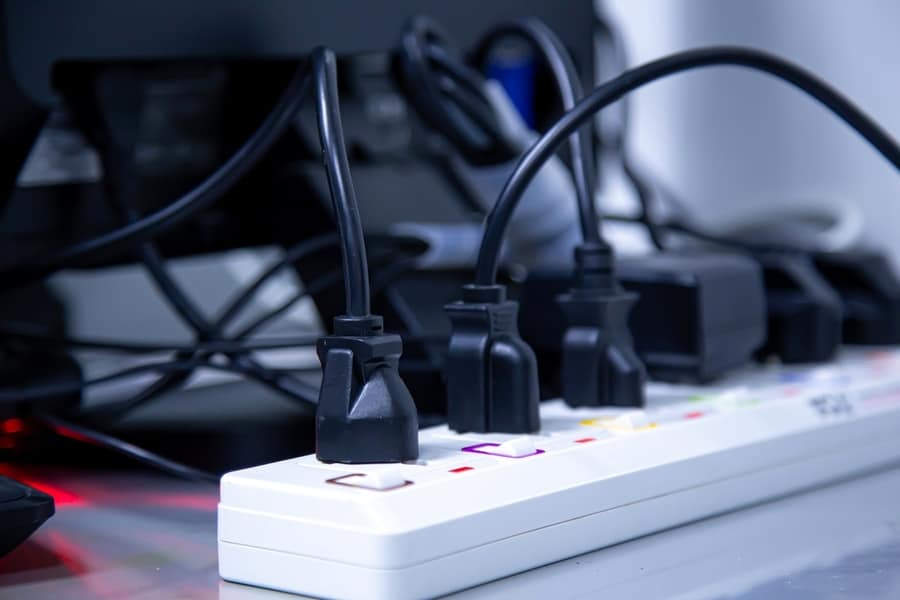
Overload is a situation that describes the connection of too many devices with an electrical circuit. Circuit breakers are designed to handle a certain amount of current.
Putting additional load on a circuit can cause the wires to heat up. Excessive heat causes the wires to burn, which can lead to a fire incident.
When the heat in wires is to a certain level, the circuit breaker will open the circuit and cut the electricity supply. Overloads might cause frequent tripping of circuit breakers.
2. Damaged Wires
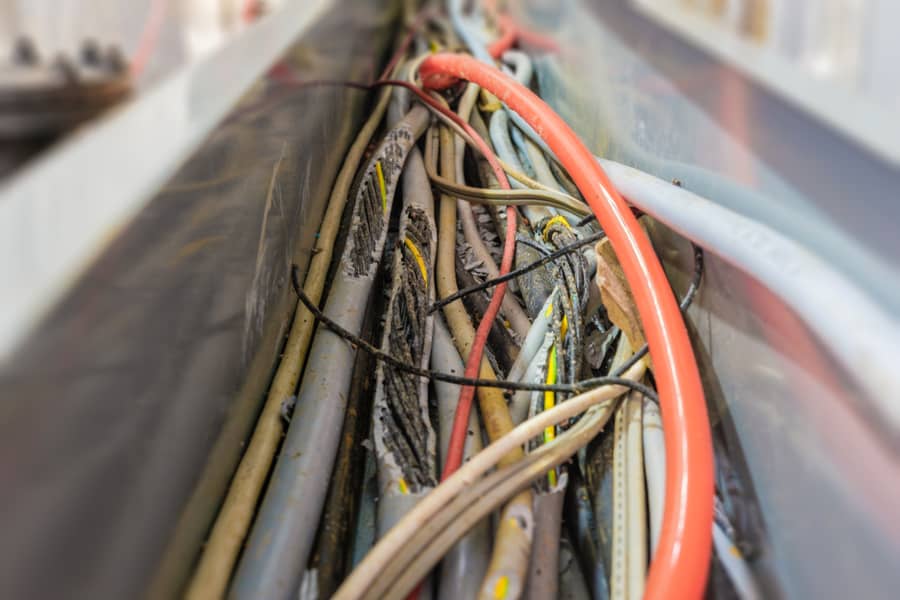
Pests, wear and tear, resistance, and poor fitting can damage wires. Physical damage to wires can disturb the flow of current through wires and increase resistance.
An imbalance of resistances will heat the wire and trigger the circuit breaker to trip.
3. Loose Wires
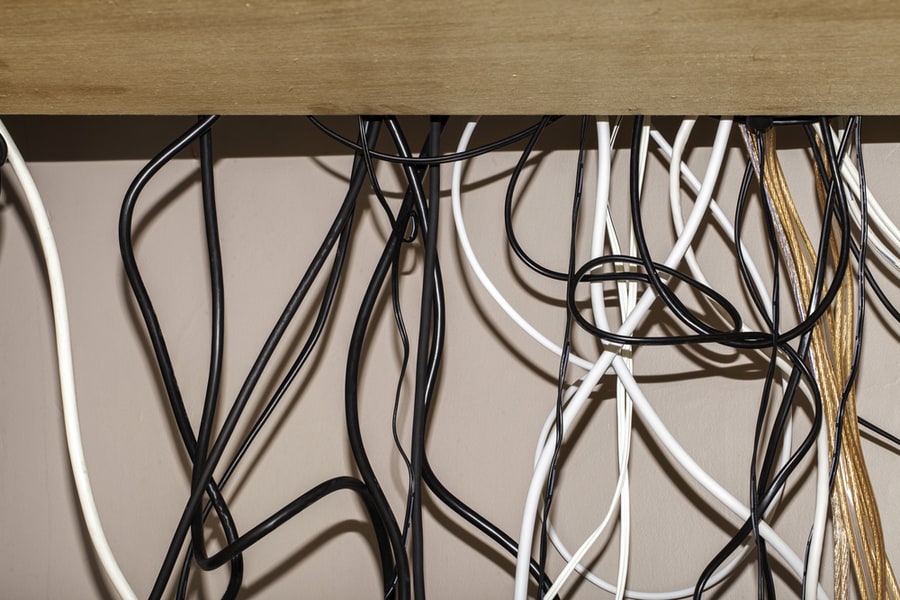
The wires in electrical circuits can get loose over time. Physical damage or pull can cause the wires to loosen up and disturb the electricity supply.
The circuit breaker will keep tripping if a loose keeps getting disconnected.
4. Current Leakage
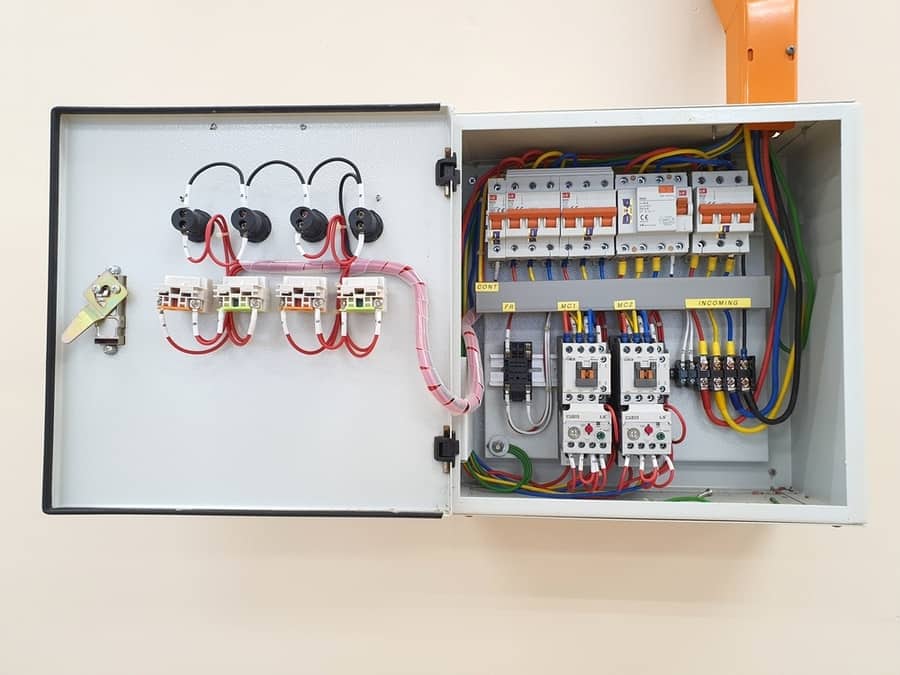
Leakage of current can cause the circuit breaker to trip. Current leakage can be caused if the wires are not grounded properly.
The faulty fabrication of electrical components can also cause it. Current leakage will cause the current to flow through conductors other than the ones identified in the circuit.
Improper flow of current will heat the wires. The circuit breaker will open the circuit to stop the flow of current.
5. Ground Fault Surges
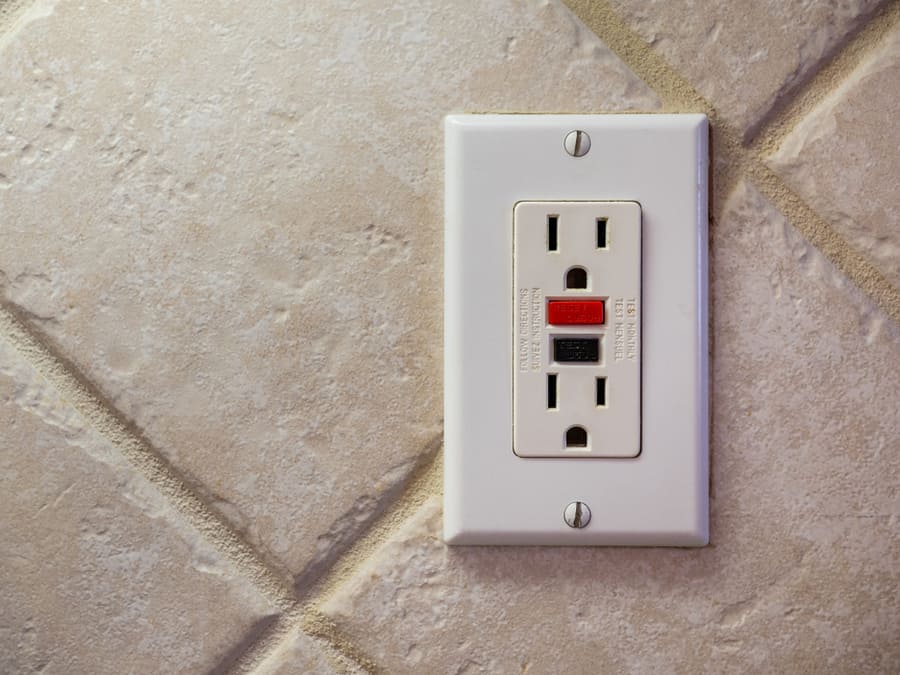
Ground fault surges are also a type of current leakage. These surges are highly dangerous as they can cause the current to flow through materials people can touch accidentally.
Ground fault surges occur when a live wire contacts any component inside or outside that circuit that cannot allow the current passage.
Proper grounding is done to stop ground fault surges. The circuit breaker can trip if it senses a ground fault surge in the electricity system.
6. Short Circuits
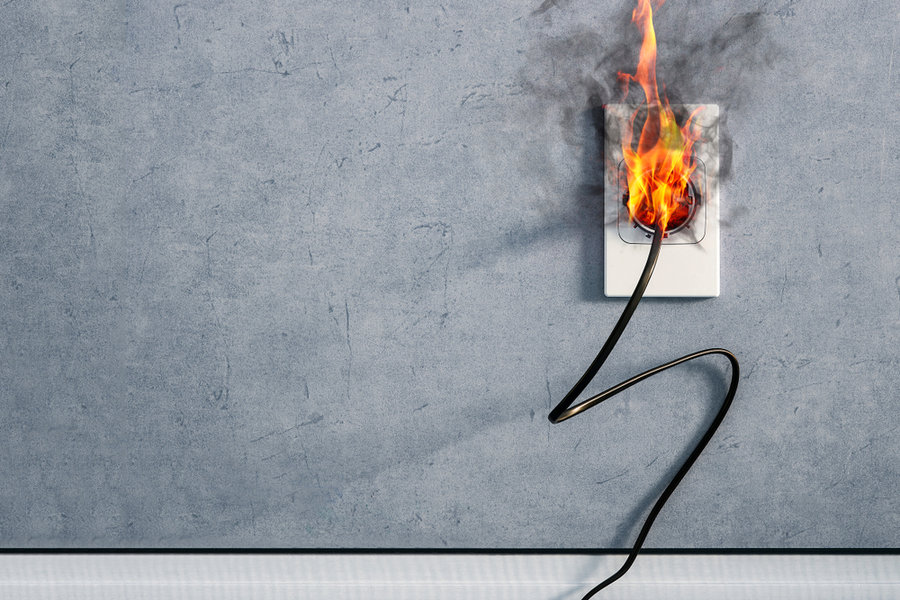
Short circuits are more dangerous compared to overloads.
A short circuit occurs when a live wire in your electrical circuit gets connected to a neutral wire. This contact of live and neutral wire can cause an accident.
A loose connection can also cause a short circuit and trigger the circuit breaker to trip. Faulty wiring of an appliance can lead to a short circuit as well.
In a short circuit, the current is forced to pass through the circuit in huge amounts. This phenomenon overrides the normal electrical resistance of the wires.
Excessive resistance can cause the wires to burn. The circuit breaker will trip to cut the electricity supply and prevent a fire incident.
Fixing the Circuit Breaker Trips
Trying to reset the circuit breaker repeatedly won’t help you stop it from tripping. Here are three actionable tips that can get the circuit breaker to function properly:
1. Identify Overload
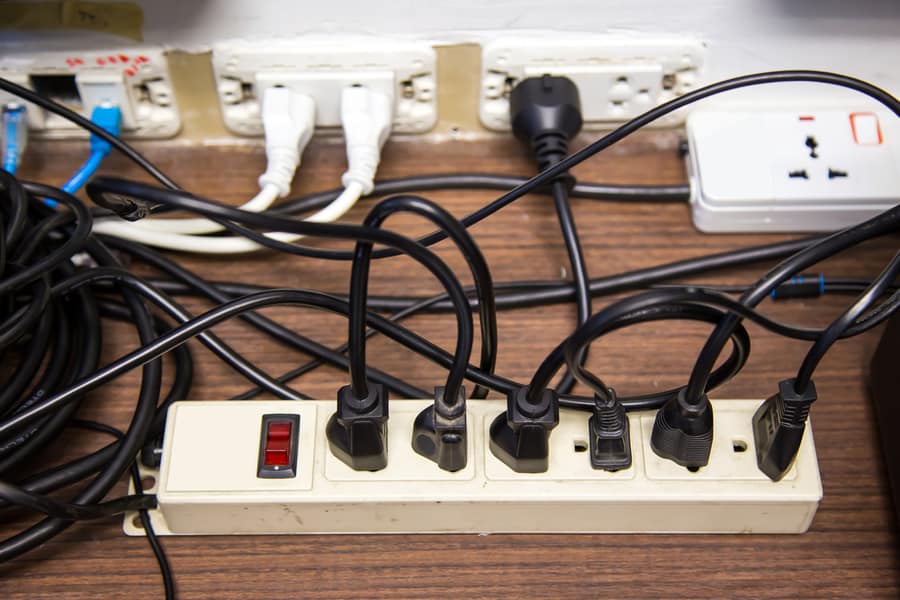
You need to identify the circuit breaker that is repeatedly tripping. Identify the part of your home connected to the circuit breaker that keeps tripping.
Turn off the circuit breaker for that part, and then unplug everything in that area. Now go back and turn on the circuit breaker.
If the breaker goes off immediately, even when no appliance is plugged in, the tripping might be caused by a tripping circuit instead of an overload.
But if the circuit breaker doesn’t trip, head back to that area and start plugging devices in one after another. You can redistribute the load to keep the circuit breaker from tripping.
2. Check Your Appliances
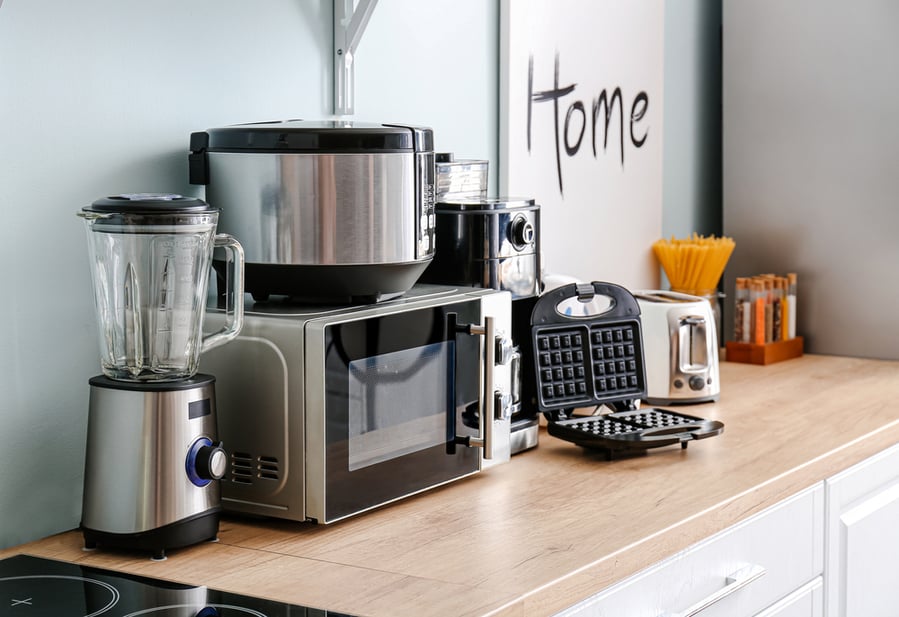
An appliance with a short circuit can cause the circuit breaker to keep tripping. During your inspection of overload, if you find an appliance that trips the circuit breaker even after redistributing the load, the device might be faulty.
Unplug that device, and don’t use it until you get it repaired.
3. Call an Electrician
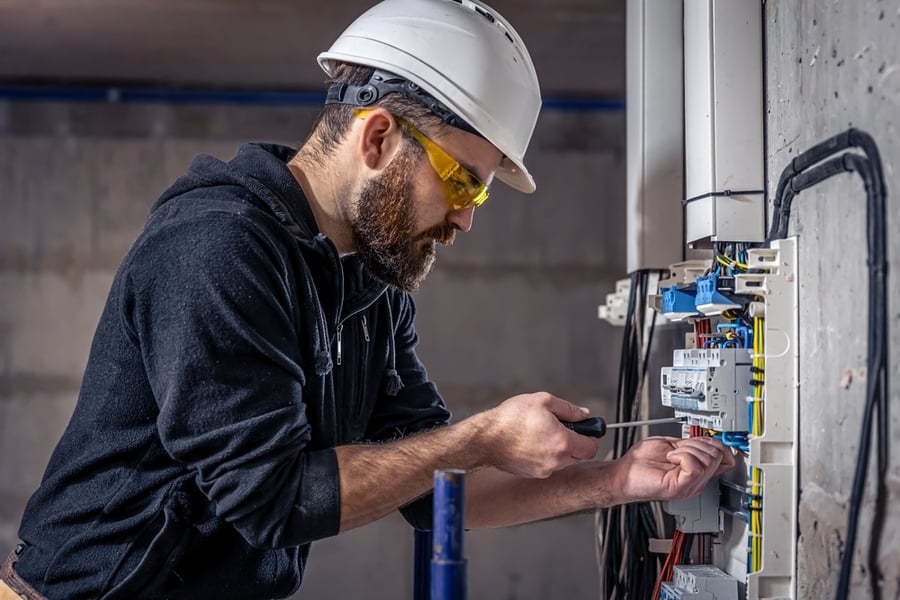
Checking for overload or inspecting your appliances one by one can be risky and time-consuming.
Hiring a skilled electrician who can check the circuit thoroughly and fix the problem by following the best safety practices is better.
The Bottom Line
The tripping of a circuit breatrippingomething you shouldn’t ignore. Try inspecting the issues and following the above fixes to keep your circuit breaker from tripping.
Avoid getting close to the circuit board if it’s flooded or you don’t have proper knowledge of handling circuits.
Frequently Asked Questions
Can I Replace the Circuit Breakers Myself?
You can replace circuit breakers if you can identify circuit breakers to buy new ones and have a toolkit at your home.
But you should avoid doing so if you are not experienced and don’t know about proper safety practices.
When Should I Call an Electrician?
It’s better to call an electrician if you cannot identify overload/faulty appliances or if there’s sparking in the circuit.
Can Add More Circuit Breakers Stop Tripping?
You should avoid adding circuit breakers even if there’s a place in the board to install more. If the tips mentioned above don’t stop the circuit breaker from tripping, the best option is to call an electrician.


